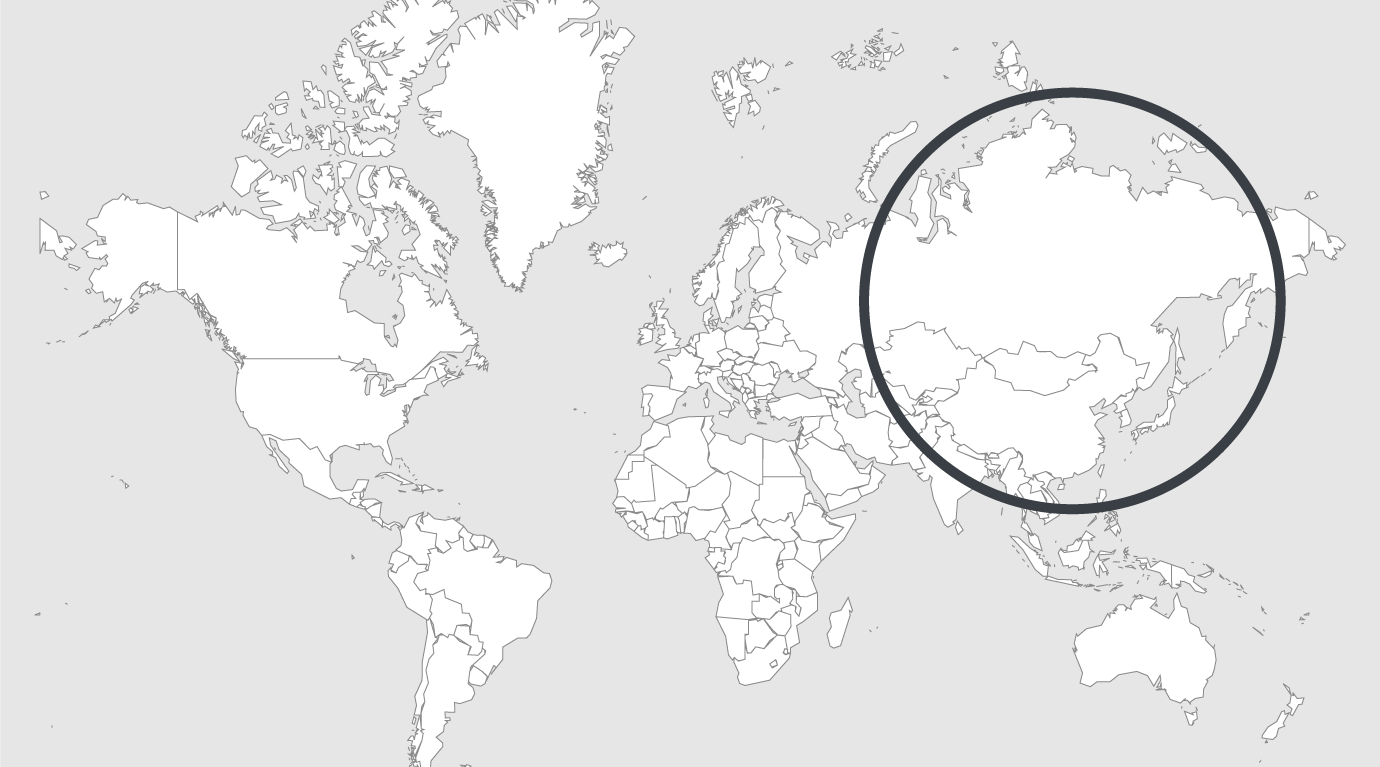
Explore
China: as another activist leaves prison gravely ill, Beijing’s treatment of prisoners must be investigated
The Chinese rights activist Ji Sizun was released from prison in late April after serving four and a half years on fabricated charges of “gathering a crowd to disrupt public order” and “picking quarrels.” But rather than returning home, the 69-year-old Ji was taken straight to the intensive care unit of a hospital in his hometown in Fujian province.
Police did not let Ji’s family see him until 10 days later and then only for 15 minutes. Ji, semi-conscious, was hooked up to many tubes. “He was in perfectly good condition when he went into prison. Now… he has become this helpless wreck,” Ji’s sister said. Police have also prevented Ji’s friends from visiting him and warned family and friends not to speak publicly about his condition.
During his imprisonment, Ji suffered from high blood pressure, diabetes, and coronary artery disease. Lawyers applied for medical parole on his behalf several times, but all the requests were denied. It is unclear why he was placed in an intensive care unit.
Ji, a self-described grassroots activist, provided legal advice and training to disadvantaged groups. In 2009, a Fujian court sentenced him to three years in prison for “forging official seals and documents” after he applied for a permit to hold a protest at one of the three official “protest zones” during the 2008 Beijing Olympics. In 2016, another Fujian court sentenced him to four and a half years in prison after he helped petitioners organize protests and supported the pro-democracy protests in Hong Kong.
Conditions in China’s detention facilities and prisons are poor and usually marked by minimal nutrition and rudimentary health care. In recent years, several dissidents and activists have been denied adequate medical treatment and died in detention or shortly after being released. These include legal activist Cao Shunli, Tibetan lama Tezin Delek Rinpoche, Nobel Peace laureate Liu Xiaobo, and writer Yang Tongyan. The authorities are not known to have investigated the treatment of these prisoners or their deaths.
Prison authorities have also repeatedly denied bail or medical parole to the activist Huang Qi and bookseller You Mantin, both of whom are currently in jail and seriously ill.
All too often, unjust sentences handed down against peaceful critics of the Chinese government end up being death sentences.
Consistent with United Nations standards, independent authorities should investigate the deaths or serious illness of prisoners, including Ji, and where there’s possible mistreatment, ensure those implicated have no involvement in the investigation.
Read original article
